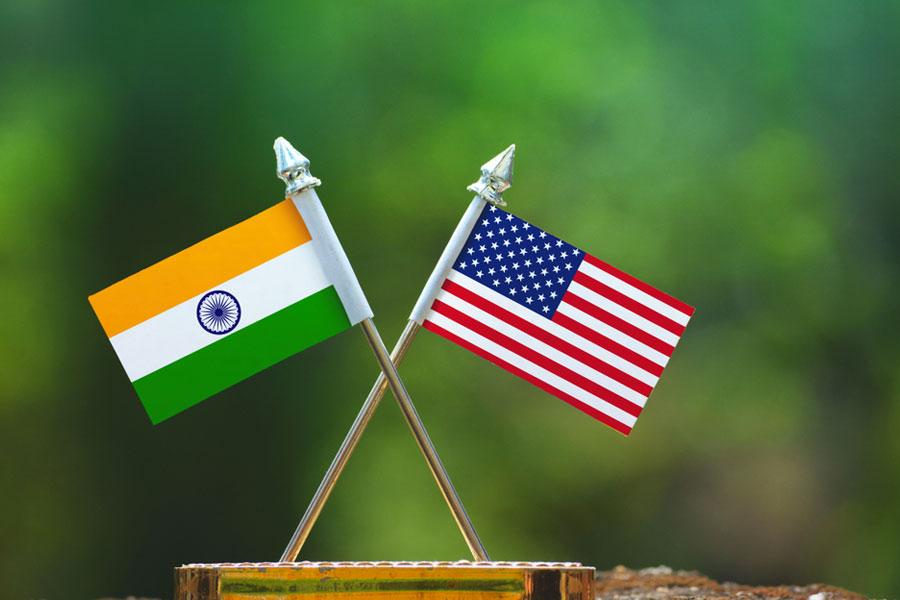India is preparing to offer tariffs cuts on some farm and other goods mainly imported from the US, aiming to clinch a broader trade and investment deal once president-elect Donald Trump takes charge, government and industry sources in New Delhi said.
To tackle Trump’s threat of a “reciprocal tax” on Indian goods for high tariffs, some officials of the Indian commerce ministry are ready to consider cuts on certain products such as pork, a senior government source said. Currently India slaps about a 45 per cent import tariff on pork, which is mostly supplied by the US
Tariffs could also be reduced on high-end medical devices such as pace makers and luxury motor-cycles, including Harley Davidson, said a second official with direct knowledge of trade issues, citing the 25 per cent to 60 per cent tariffs on these products.
With bilateral trade between India and the US exceeding $118 billion in the 2023-24 fiscal year ending in March, and India enjoying a $32 billion trade surplus, the country is readying for trade talks with the US, aiming to clinch a broader trade and investment deal once president-elect Donald Trump takes office.
To address Trump’s concerns over the trade imbalance, officials have also proposed buying more LNG and defence equipment from the US, the second official said.
India’s energy imports from the US, including crude oil, refined fuel and coal, were estimated at $12 billion in fiscal 2024, and aircraft and parts at $2 billion. Such imports could rise by $5 billion to $10 billion annually, a third government source, said.
The government and industry sources spoke on condition of anonymity because the discussions remain confidential.
A commerce ministry spokesman declined to comment. Commerce ministry officials have previously said they would wait for the Trump administration to take office before any offer of trade talks, while working out plans for possible negotiations.
Indian officials are also sensing an opportunity in Trump’s plans to impose up to 60 per cent tariffs on Chinese imports, by pitching India as an alternative manufacturing base.
The government has held consultations on the issue within ministries, as well as with local think-tanks and industrial groups, said a government source.










